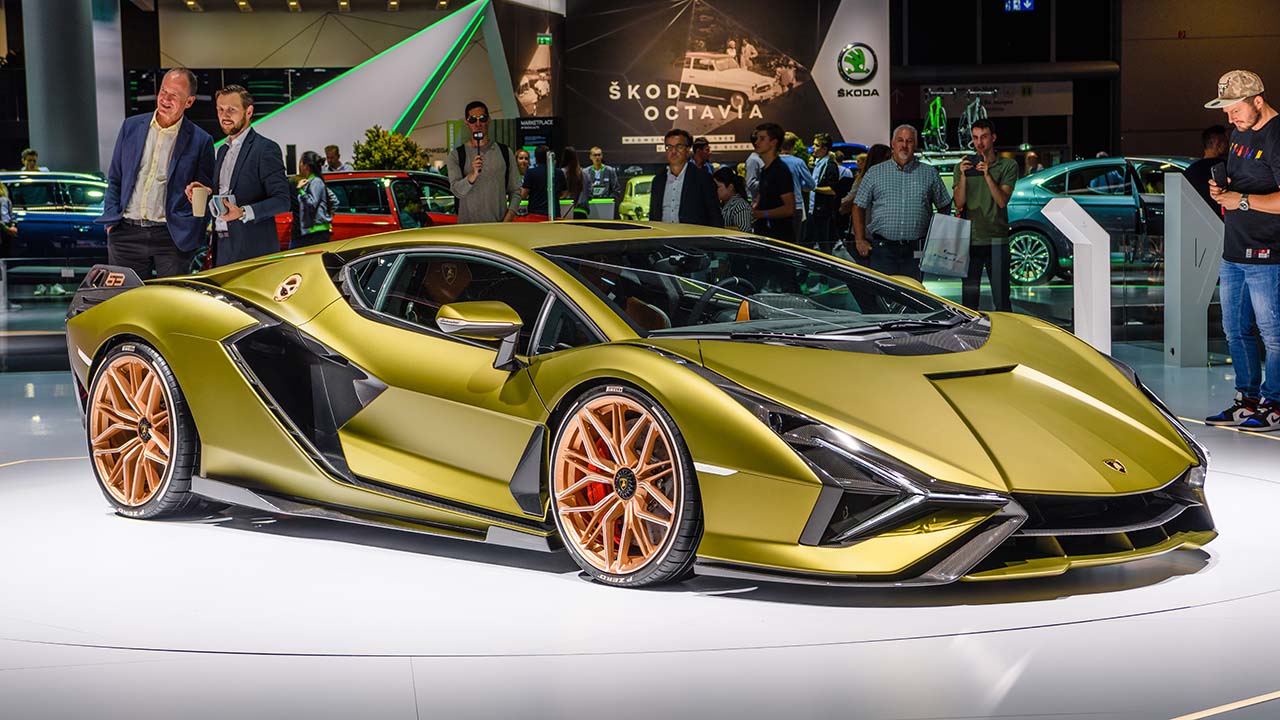
The move to greener energy, particularly battery storage, currently has one major obstacle among many. Charge times. But, that could soon change due to a new discovery.
While the idea of a laptop that charges in one-minute is a very tempting proposition, imagine if you could charge an EV in 10-minutes. Being able to charge an EV in a similar time that it takes to fill a traditional combustion car engine's fuel tank is a holy grail. Such a development would greatly reduce the need to forward plan an EV journey, such that fossil fuelled cars would become completely redundant. Once you make something more convenient than the technology that preceded it, the new tech will take over pretty quickly.
We've covered solid state batteries many times before, and new developments in the technology are taking place constantly. Solid state batteries will no doubt play a crucial role in advancing the take-up of EVs, given that they are safer, much more environmentally friendly, can hold a much higher capacity than traditional batteries, don't suffer from the same longevity issues, and charge much, much faster. However, experts in the field are quick to point out that some big hurdles stand in the way of solid state batteries taking over. Some of these include, solving the problem of expansion and contraction, the solution to which might negate many of the advantages of solid state batteries in the first place.
Supercapacitors to the rescue
But, solid state batteries aren't the only game in town. With charge times making up one of the most significant drawbacks of current EVs, what if we replaced the batteries with supercapacitors? Such a development would lead to big gains across the technological board, from laptops to phones. Well, a new discovery by researchers at the University of Colorado at Boulder could lead to just that.
As with every new energy storage discovery, this latest one still falls in the "perhaps, one day" category. Nevertheless, it's an important breakthrough.
The researchers, lead by Ankur Gupta, recently published a paper outlining their discovery of how tiny charged ion particles, move within a complex network of minuscule pores. Gupta said, "“Given the critical role of energy in the future of the planet, I felt inspired to apply my chemical engineering knowledge to advancing energy storage devices,”
The discovery paves the way for development of new super capacitors, which work by accumulating ions within their pores. Gupta said, "“The primary appeal of supercapacitors lies in their speed. So how can we make their charging and release of energy faster? By the more efficient movement of ions.”
Okay, so supercapacitors sound great, but all is not milk and honey in the world of energy storage. Supercapacitors are currently used in EVs for specific purposes; mostly for regenerative braking systems that allow for a high output discharge for acceleration. Lamborghini's Sián is a good example of this. Currently, supercapacitors are great for high bursts of power, but they are less good for gradual discharge purposes over a long period of time. Given that EVs are a 'high drain' form of power usage, supercapacitors could well be a solution, particularly in light of research into graphene based models.
Now, the seemingly slow development of battery and energy storage technology that seems to perpetually remain in the domain of lab experiments rather than any sort of commercial release, can be a source of frustration. But, it has to be said that developments such as the one outlined above are still important. Often, eventually the fruits of research from many different sources converge and developments begin to gain momentum at an exponential pace. Battery tech stories can appear like the "Boy Who Cried Wolf" at times, but the fact that new discoveries are frequently being made bodes well, particularly given that the breakthroughs are being made in multiple energy storage technologies.
Tags: Technology batteries


Comments